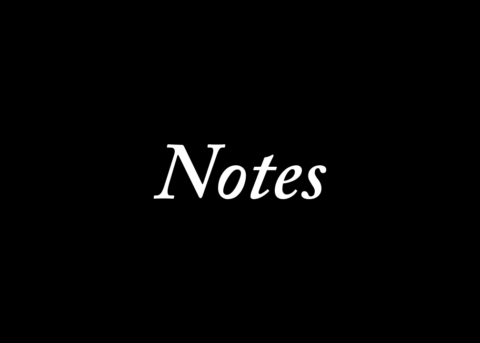Cover story
As this issue went to press, the family of Anthony Alvarez was meeting with COPA representatives to watch the police videos of the March 31 shooting of the twenty-two-year-old Portage Park resident. This cover story, co-published with the Invisible Institute and the Intercept, was finalized before the family made a public statement. We took the unusual step of running it after multiple sources close to the investigation described to reporters what was depicted in the footage: that Alvarez was shot in the back. The footage was scheduled to be released to the public on April 28. By the time this is printed, the rest of us will see what the family has seen; at the Weekly we’ll continue to cover this developing story, and keep the City and CPD accountable to their long overdue, seemingly empty promises of justice.
Justice for George Floyd
On April 20, Derek Chauvin, the ex Minneapolis cop who killed George Floyd by pushing a knee into his neck, was convicted on all charges, causing tears of celebration in many parts of the country. “Justice for Black America is justice for all America,” said the Floyd family lawyer after the verdict. Some progressive elected officials are proposing a bill called the George Floyd Justice in Policing Act that would “establish a national standard for the operation of police departments” and would include banning police chokeholds and no-knock warrants and mandate police de-escalation procedures.
Biden relief package
A year ago, using her emergency powers, Mayor Lori Lightfoot designated $281 million of the CARES Act to the police department. The City is now counting on another round of COVID-related federal funding, and community groups are urging Lightfoot to allocate those funds to struggling neighborhoods. Lightfoot has already made her intentions known that about half of the $1.9 billion will be used to pay Chicago’s high-interest debt. CPS will receive another $1.8 million that will help fill a budget hole caused by the pandemic. School officials have also said they will use the funds for COVID-related expenses and “to address unfinished learning and mounting social and emotional needs,” as students trickle back to the classroom to finish the remainder of the year.
City pumps money into the arts
It’s the largest public arts’ investment in decades. The Department of Cultural Affairs and Special Events (DCASE) announced Arts 77, a $60 million arts-recovery initiative that will provide funds to local artists and arts organizations in Chicago’s seventy-seven community areas. According to the City, Arts 77 will expand existing programs and jumpstart new ones, including the Neighborhood Access Program, which will provide $1 million in funding for up to forty grants to respond to community needs; Chicago Presents, a funding program for the performing arts; a 2021 Individual Artists Program that will provide grants of up to $5,000 to each of 162 artists; and the Culture in My Neighborhood program to support park and library programs. Arts 77 also boasts $15 million in the Capital Plan for public art in the city and $3.5 million to fund public art in O’Hare Airport.

